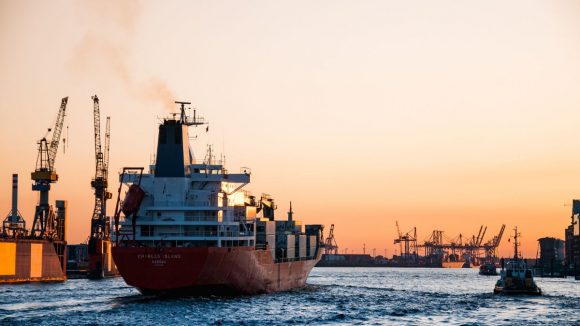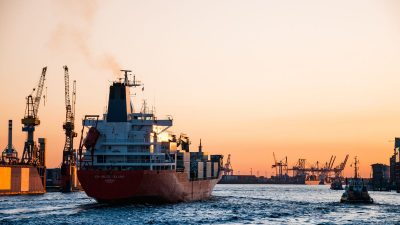The Philippines’ Marine Industry Authority (MARINA) is looking at incentives for ship owners and shipbuilders as the authority reviews the Domestic Shipping Act 2004, a PortCall report says. This comes after a recent forum hosted by the Philippine Inter-Island Association.
These potential changes can improve the ease of doing business for ship owners.
MARINA’s role in the maritime industry
MARINA was established in 1974 to integrate the development and promotion of the maritime industry in the Philippines. Under its mandate, the authority oversees the maritime industry in the Philippines, including the registration of vessels and safety compliance.
The Domestic Shipping Act 2004, also called RA 9295, promotes the development of domestic shipping, shipbuilding, and ship repair in the country. Section 4 of the act prescribes investment incentives, which are in place to encourage investment in domestic shipping. These include exemption of value-added tax on the importation of life-saving equipment, safety and rescue equipment, and communication and navigational safety equipment. The act further states exemption on value-added tax for the importation and local purchase of a cargo or passenger vessel.
Industry players weigh in
Philippine Inter-island Association, whose membership includes ship owners and shipping providers, proposes subsidies for ship owners. “I like the Japanese model the best. They identify the type of ship that is needed, and they give subsidies to the ship owner to build, but they require that the vessel be built in Japan. That can be done here, and we can support local shipyards,” says the association’s president.
MARINA’s deputy administrator for operations Nanette Dinopol says the reason few shipbuilders have taken advantage of incentives is because the application process takes one to two years. “We’ve always been talking about ease of doing business, but it’s not happening on the ground,” she says.
The country has about 118 shipyards. A global ship-building company, Austral, which specializes in building commercial defense ships, has operations in the Philippines. The company announced in March 2023 that its operation in the Philippines launched the largest-ever high-speed catamaran.
A report by Research and Market, the world’s largest research store in a report on the Asian shipping industry says, “The Philippine shipbuilding industry has grown rapidly in recent years and is among the world’s fourth largest shipbuilding countries. As the scale and number of shipyards in the Philippines increase in the future, its ship-building capacity will continue to improve.”
The importance of Philippines in the shipping industry
The Philippines waters, including the South China Sea, are major routes for the shipment of goods. The country consists of 7,640 islands with numerous ports, which can provide a natural harbor for ships. The country’s waters are rich in marine resources, which support marine activities.
About the author
Sharl is a qualified journalist. He has over 10 years’ experience in the media industry, including positions as an editor of a magazine and Business Editor of a daily newspaper. Sharl also has experience in logistics specifically operations, where he worked with global food aid organisations distributing food into Africa. Sharl enjoys writing business stories and human interest pieces.











